Blog categories
Search in blog
Popular posts



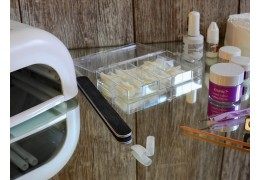

Featured posts
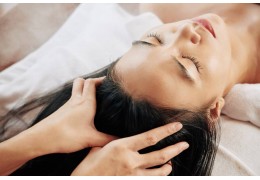
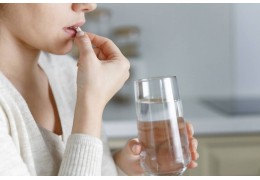



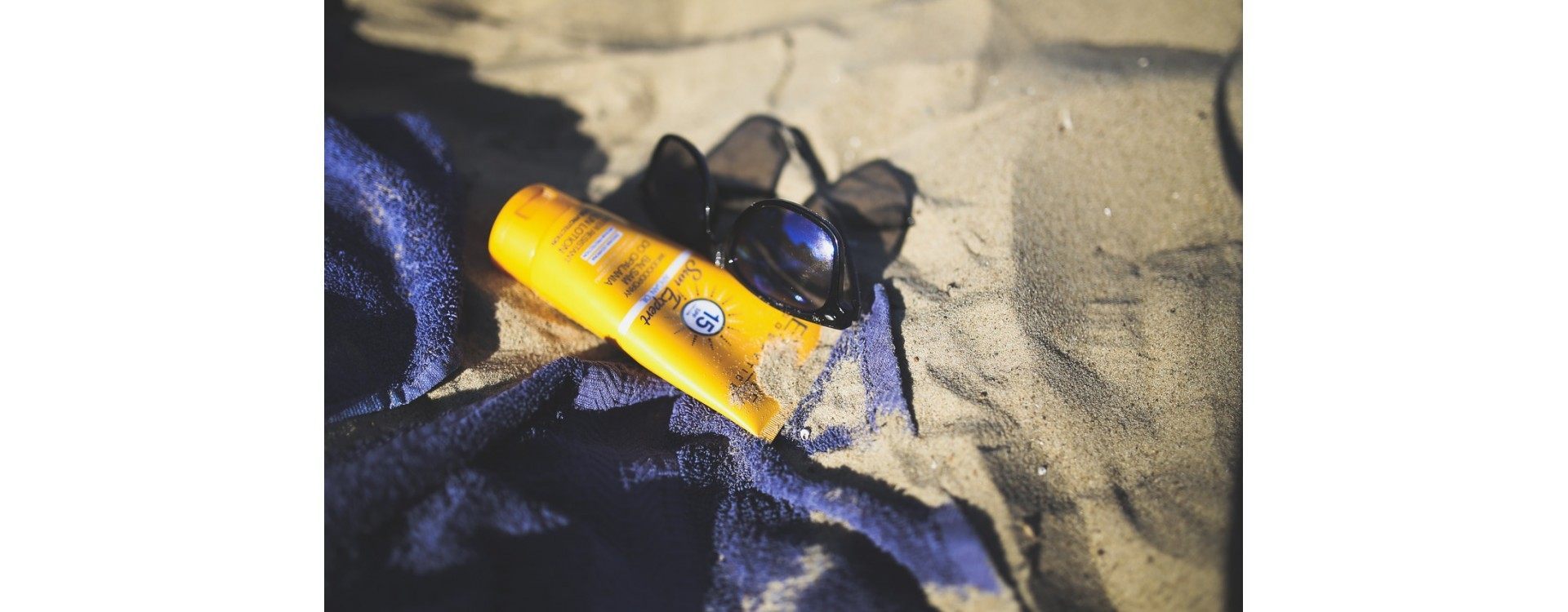
When we buy sunscreen, we often don’t think about the expiry date, but it’s important to check it. The lifetime of a sunscreen is shorter than you think, and once the expiration date has passed, the effectiveness of the product decreases. However, as the warm weather approaches, many of us take out our well-stored tubes of sunscreen during the winter. But, can we still use the product contained without risk? It should be noted that the shelf life of an open solar product is one year on average and two years for a product that is still sealed. So, how do I know if your sunscreen is still usable or if it’s outdated? Here’s what you need to know about sunbathing safely.
It is essential to protect your skin from ultraviolet rays every day with a sunscreen with a minimum SPF of 30. If long periods of sun exposure are planned, then choose sunglasses and a protection rating of 50 and renew the application regularly. But, the question that everyone asks as soon as the sun’s rays (UVA and UVB) reappear is can we use sunscreen from last season?
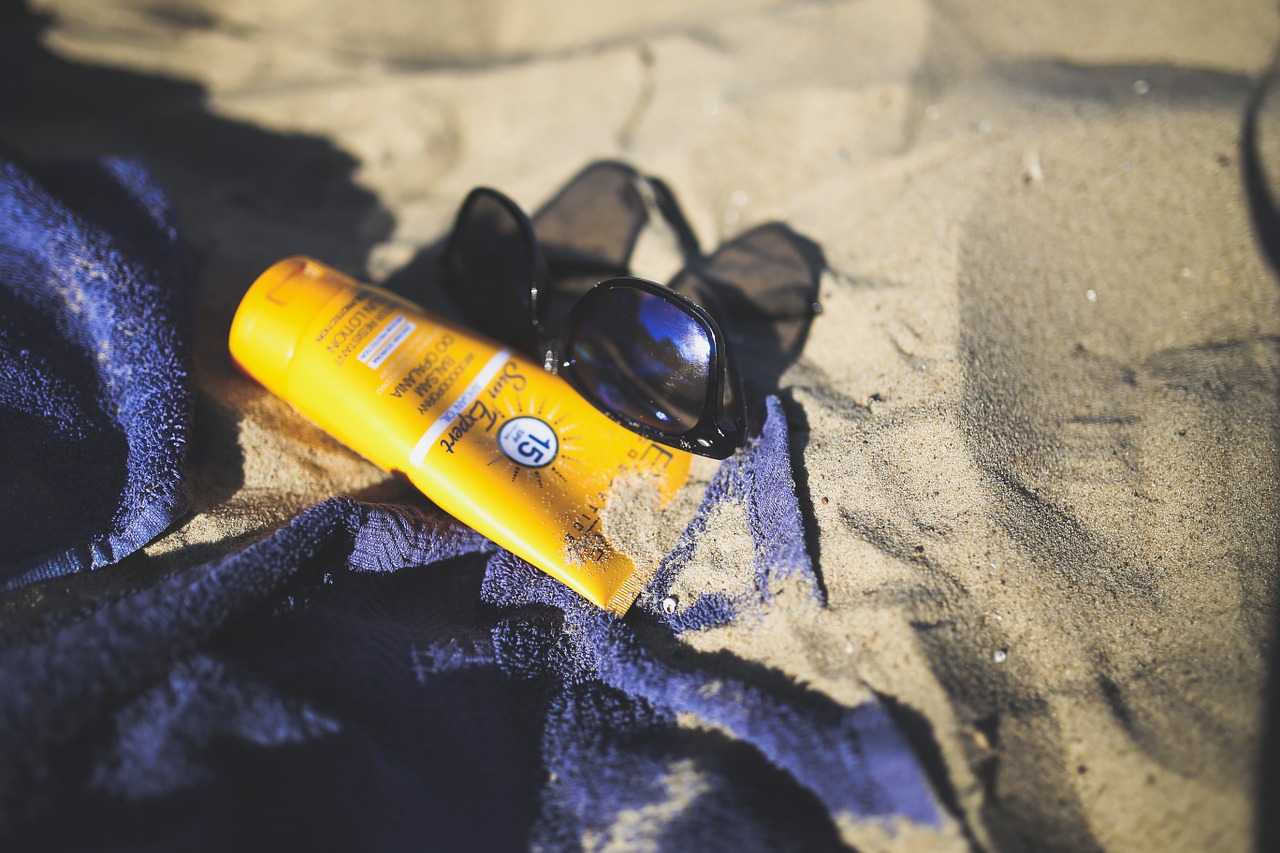
The first thing to check is if an expiry date is mentioned on the product. For high protection and safe tanning, the product must not be outdated or tampered with. It should be noted that certain factors can impact the lifespan of an anti-UV sunscreen and more particularly its method of conservation. Avoid leaving the tube in the sun during tanning and keep it dry, cool and in a dark place to preserve all its action.
First, if your product has an expiry date, you’ll find it on the back. The drawing of an open pot with a number and a letter on top. This is the life expectancy of your sunscreen after opening. The terms “6M”, “9M” or “12M” are generally used depending on the brands and products. However, this indication is valid provided that the solar spray has been kept optimally. But, we will see this in the rest of our article.
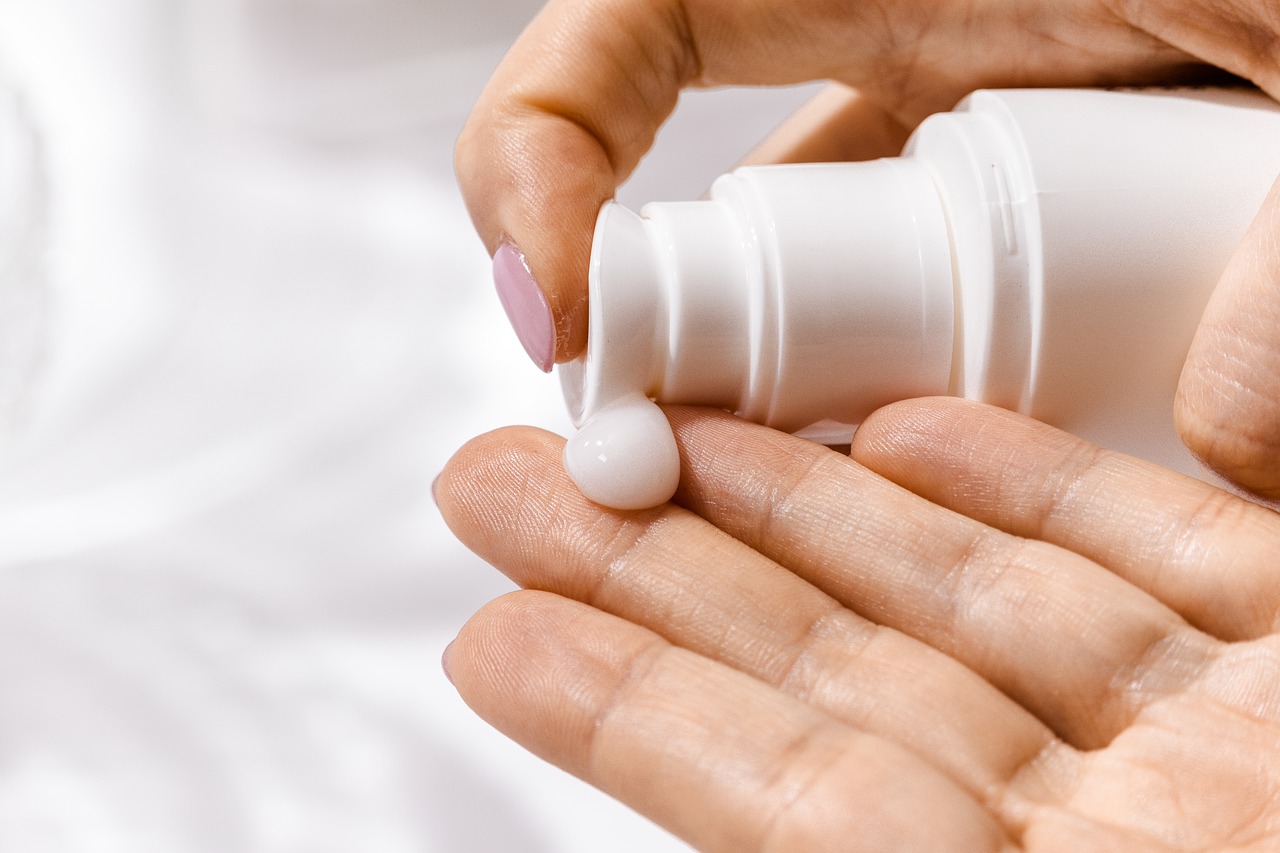
If you are not sure if the sunscreen you have is out of date or if you are unable to read the indication on the jar, there are some telling signs to observe:
As mentioned earlier in this article, certain situations can interfere with the proper storage of sunscreen. This can be heat, excessive light or moisture. These factors more quickly alter the composition of the product, which becomes ineffective against sunburn. In addition, these changes in the components of the cream can also become harmful to health. Finally, to preserve the qualities of a sunscreen, it is essential not to handle it too much.
Avoid leaving the tube open too long so that bacteria cannot enter the tube. Wash your hands regularly before touching the tube, because if bacteria develop in the cream, they can cause skin allergies and rashes. So, if you are outside, remember to leave the tube in the shade and then store it in a dark, cool, dry place. If you follow these rules, you should be able to enjoy the benefits of your solar product longer.
It’s not always easy to determine if your sunscreen is out of date. As with cosmetics, if there is no expiry date on the package, you must check the date of manufacture. If you are not sure of the date of manufacture indicated on the packaging of your sunscreen and you have not used it for a year or more, throw it out as a precaution! This may seem like a waste, but it’s better than risking your health using an outdated product.
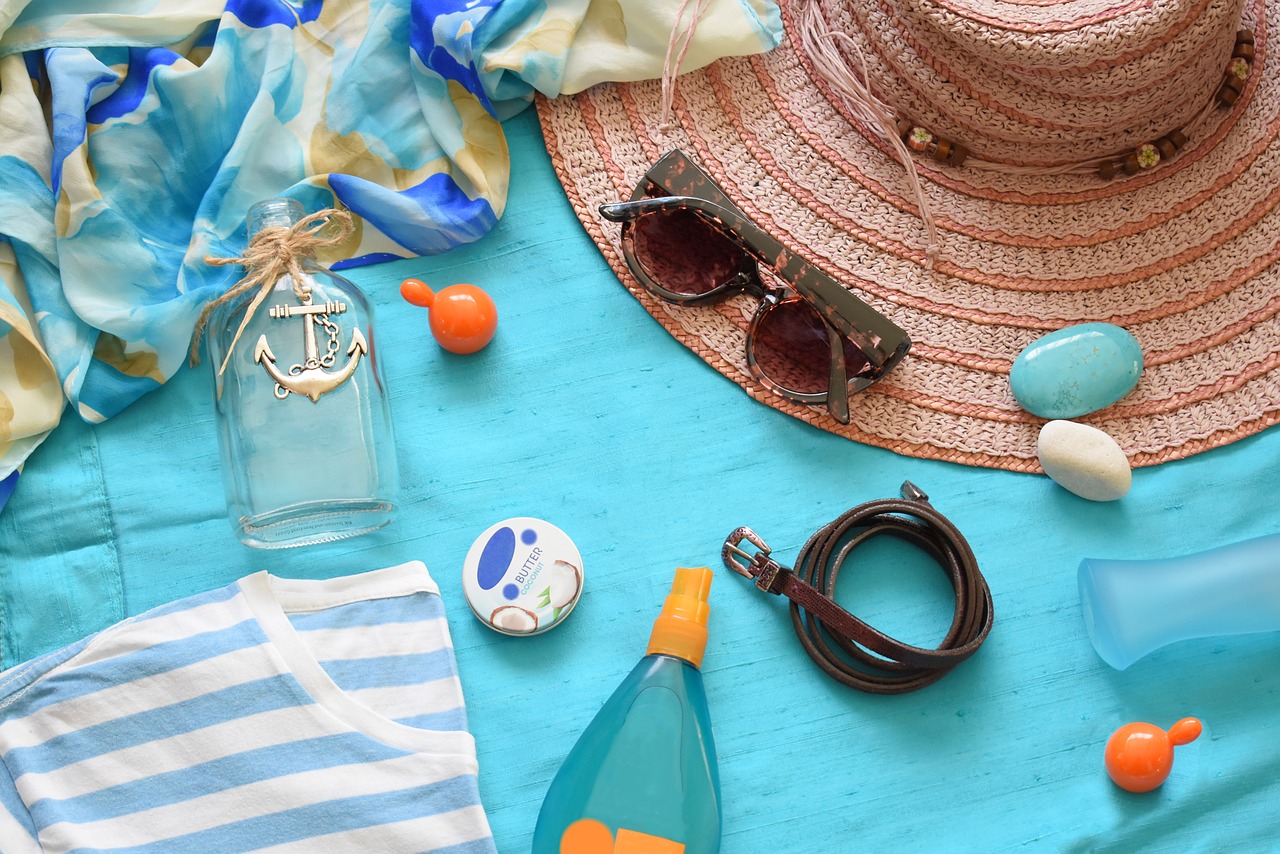
Another way to know if your solar product has passed its expiry date is to be sensitive to the following signs:
You can also use UV light to see if the sunscreen is out of date. Hold the sunscreen bottle in front of a light bulb and check if the color changes. If you notice a color change, it means that the product has been exposed to air and is no longer good.
It is best to avoid using outdated sunscreen to avoid damaging your skin, regardless of the skin type, and take the risk of sunburn. In addition, without adequate protection, your skin is directly exposed to UV rays, especially free radicals, which are well known for their effect on premature aging and skin cancer. If your sunscreen has never been opened and has been stored optimally, then you can use it safely. In any case, trust your common sense and intuition: if in doubt, do not use the product.